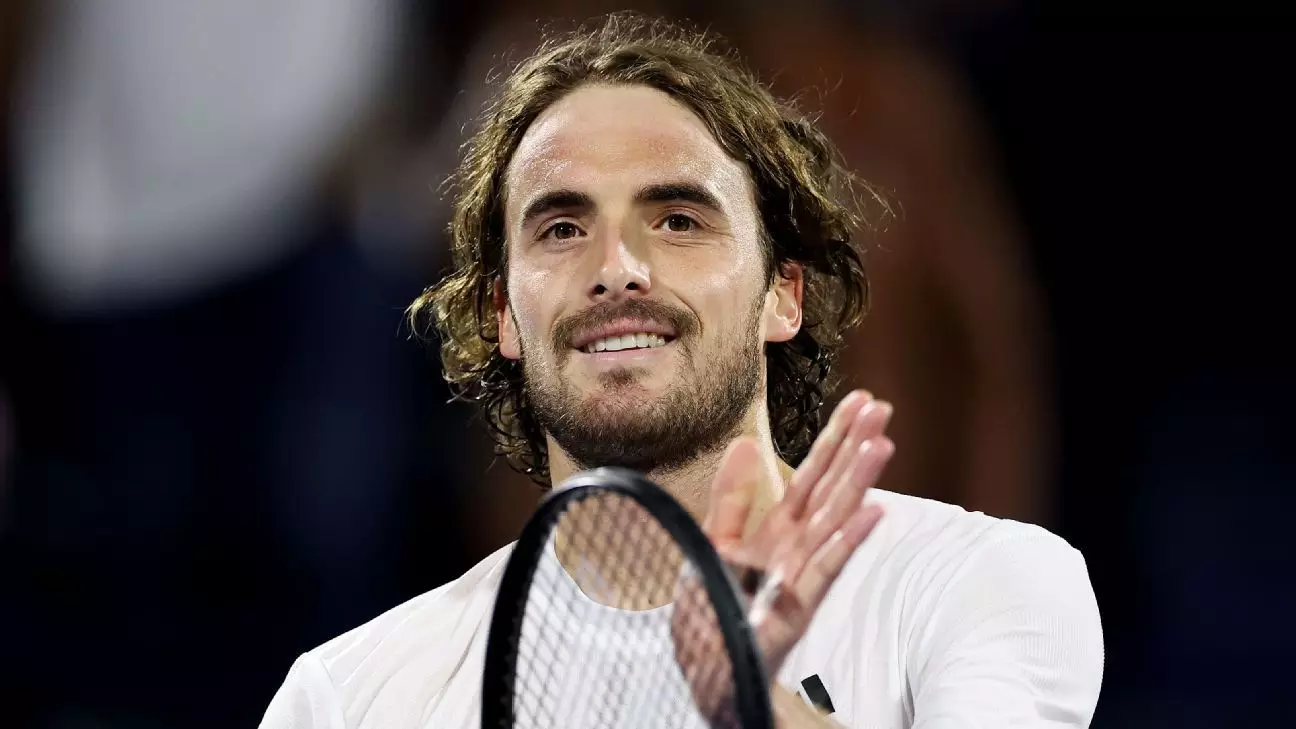In the unpredictable world of professional tennis, decisions about coaching often reflect deeper internal struggles and strategic recalibrations. Stefanos Tsitsipas’s recent choice to rehire his father, Apostolos, as his coach after a short-lived partnership with Goran Ivanisevic signals more than just a tactical shift—it unveils a preference for trust, familiarity, and personal conviction over external validation. Unlike the high-profile decisions that often emphasize winning at all costs, Tsitsipas’s move emphasizes emotional robustness and a return to core values that initially drove his career. It also suggests a recognition that true consistency may stem from a solid foundation grounded in familial support, a pillar that has historically shaped many champions’ journeys.
The Consequences of Seeking External Solutions
The brief alliance with Ivanisevic, a renowned coach associated with multiple Grand Slam triumphs, appeared to embody Tsitsipas’s desire to elevate his game. Yet, it unveiled an uncomfortable truth: external coaching, regardless of pedigree, cannot guarantee resilience amid setbacks. Tsitsipas’s fall from the upper echelons of tennis has been stark—plummeting from a top-five player to outside the top 30 with inconsistent performances at the sport’s biggest stages. The stark contrast between his previous success, including a notable final in Dubai, and his recent struggles suggests that external coaching can sometimes overshadow internal motivation and conviction. Ivanisevic’s candid critique post-Wimbledon exposed the delicate fragility of Tsitsipas’s mental readiness, hinting that external coaching might have inadvertently created a dependency rather than fostering autonomous growth.
Returning to the Foundations That Define Him
Reuniting with his father is perhaps the most authentic move Tsitsipas could make at this juncture. Apostolos has been a silent, yet pivotal figure amidst Tsitsipas’s initial rise—his unwavering belief and familial backing appear to be the bedrock that sustains his resilience. This decision underscores a broader truth in sports: success often hinges on internal belief and emotional stability. The path to redemption in tennis is not solely about refining technique or adopting new strategies; it is equally about nurturing mental fortitude and rediscovering one’s identity. Tsitsipas’s social media message reveals a matured athlete who understands that sometimes, the most effective path forward is a humble return to roots, to what fundamentally ignited his passion for the game.
The Higher Stakes of Personal Fulfillment
What distinguishes Tsitsipas’s decision is the unapologetic affirmation of personal fulfillment over superficial gains. While the temptation might be to chase quick results with a high-profile coach, he chooses a path that aligns with his sense of authenticity. It is a bold declaration that the game’s true victory is not merely accumulating titles or rankings but staying true to oneself amid the melodrama of professional sports. His emotional commitment to his familial relationship symbolizes a deeper understanding: resilience is cultivated through genuine connections, not just strategic partnerships. Tsitsipas’s journey may be fraught with setbacks, but his willingness to embrace his history reflects an unwavering commitment to growth rooted in sincerity and self-awareness.


Leave a Reply